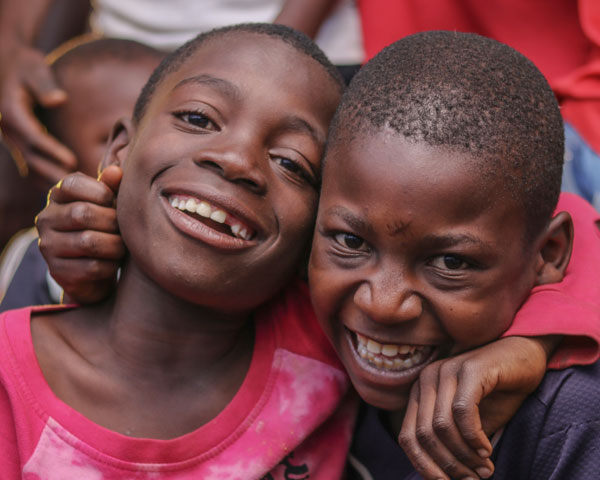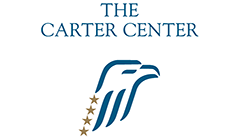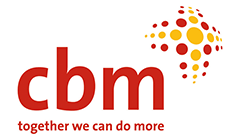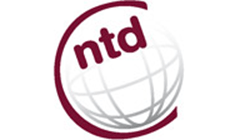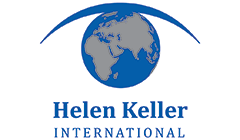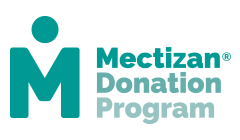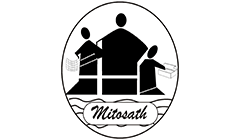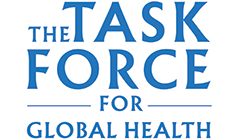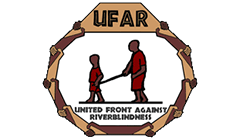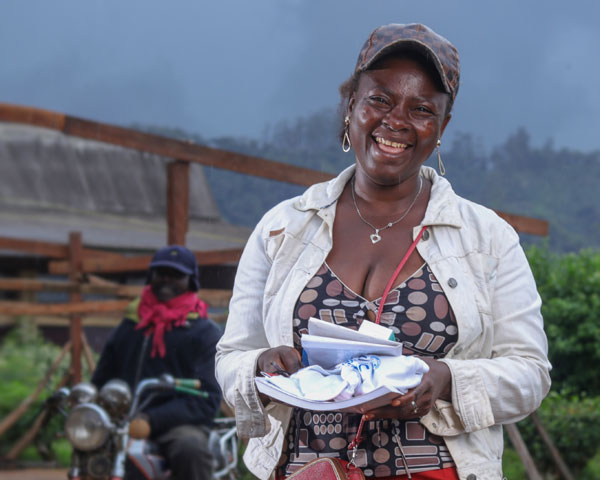Our fight to eliminate River Blindness is far from over. As with many other disease elimination efforts,
the last mile is the longest.
moreWhy Now?
Onchocerciasis (river blindness) elimination is at risk of losing momentum now that the disease is under control as “a public health problem.” In most endemic areas, blindness is increasingly rare and skin disease is not as prevalent as it once was now that Mectizan has been distributed at least once annually for more than 30 years. In some areas, vector control has also contributed to the gradual disappearance of onchocerciasis. Four countries in the Americas have successfully eliminated the disease and are validated by WHO/PAHO. In Africa, treatment with Mectizan is being stopped in large regions at the sub-national level. These are remarkable achievements!
But the fight is far from over. As with many other disease elimination efforts, the last mile is the longest.
As disease manifestations are increasingly rare, it is difficult to maintain pressure on the disease with continued use of Mectizan and other interventions. Communities may not be as committed to distributing and taking Mectizan at least once yearly, political will both in endemic countries and among the donor community may decrease to divert resources to other issues, and even the oncho community itself is decreasingly engaged in the fight to end oncho.
And yet, we are at the beginning of the end of of the fight to stamp out oncho. Political will, human and financial resources, and commitment down to the community levels must be maintained and increseased for this 30+ year effort to be successful. Why? If high treatment coverage is not maintainted, there is a great risk of recrudesence – or return of infection. This would not just half progress, it would result in an increase in infection and burden of disease.
This has been observed in sleeping sickness (human African trypanosomiasis or HAT), polio, leprosy and other public health campaigns.
Through this Stamp Out Oncho or Stamp Out River Blindness campaign, we call on ALL stakeholders to re-commit to seeing the end of this debilitating disease.
Together we can Stamp Out Oncho!
NGO Group for ONCHO
The Non-Governmental Development Organization (NGDO) Coordination Group for Onchocerciasis Control was established at WHO in Geneva in 1992 in response to the donation of Mectizan (ivermectin) for onchocerciasis (river blindness). The Group was charged with helped promoting the use of Mectizan to control onchocerciasis and to help establish proper coordination of Mectizan distribution activities in endemic countries.
When the goal for onchocerciasis shifted from control to elimination, the name became The NGO Group for Onchocerciasis Control.
The Group has been meeting twice yearly since it was established to develop best practices through field experience, operational research, technical assistance, and monitoring and evaluation. The Group also serves as a forum to discuss programmatic, managerial, financial, and political issues related to onchocerciasis control.
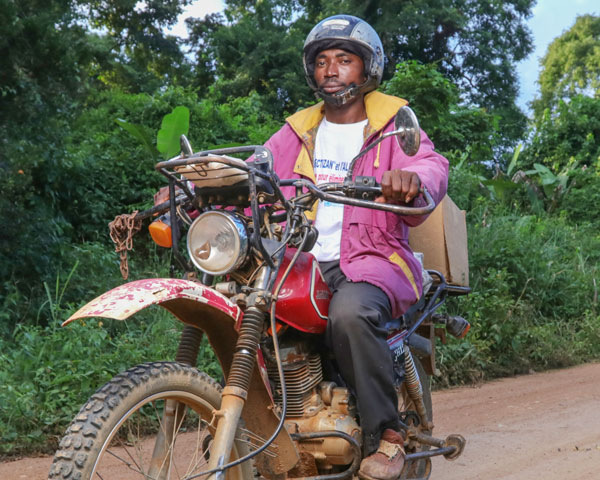
Join the Movement
Sign up to receive periodic updates from Stamp Out Oncho.
